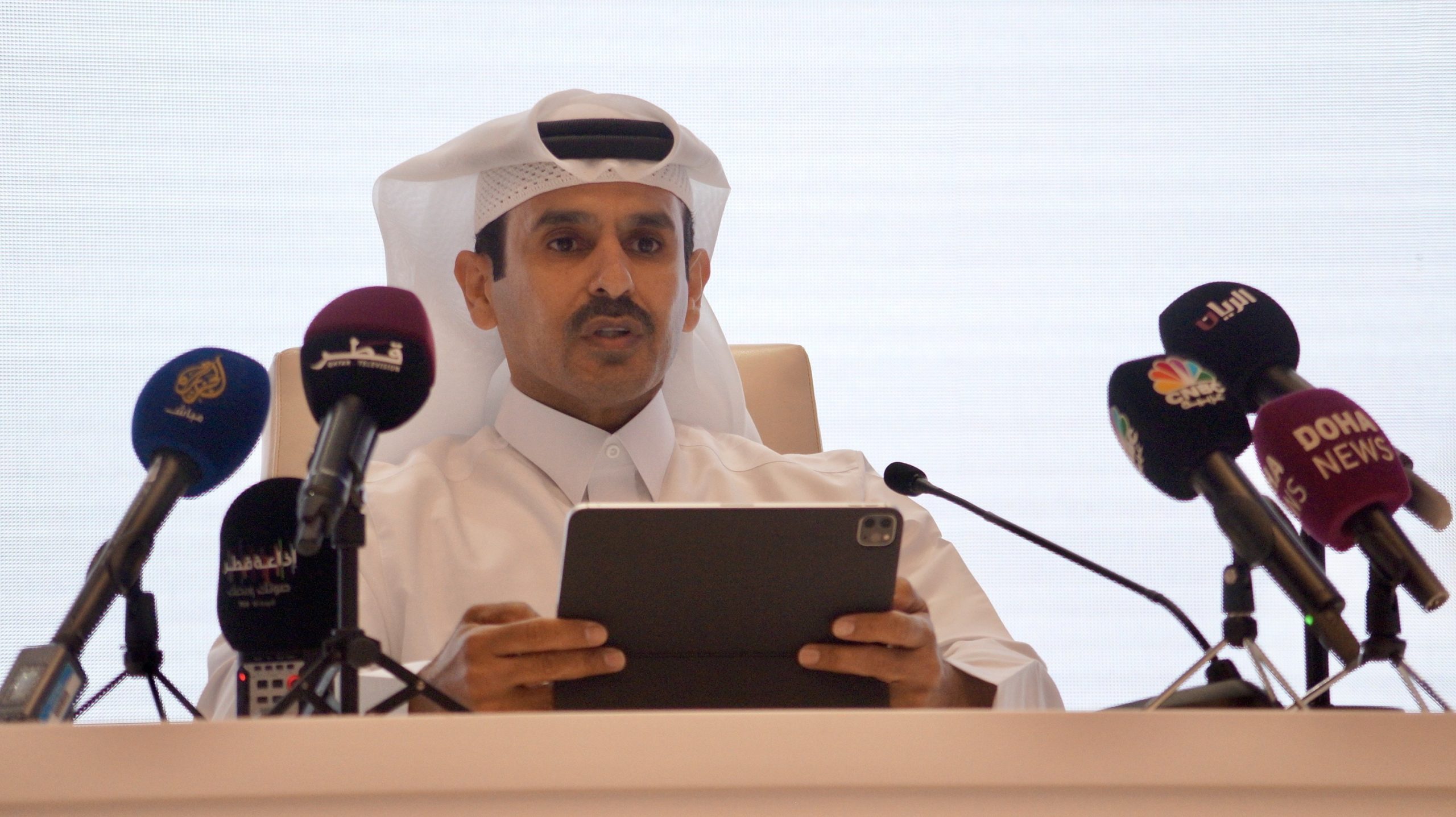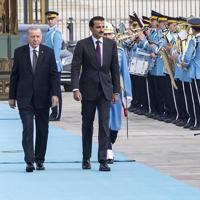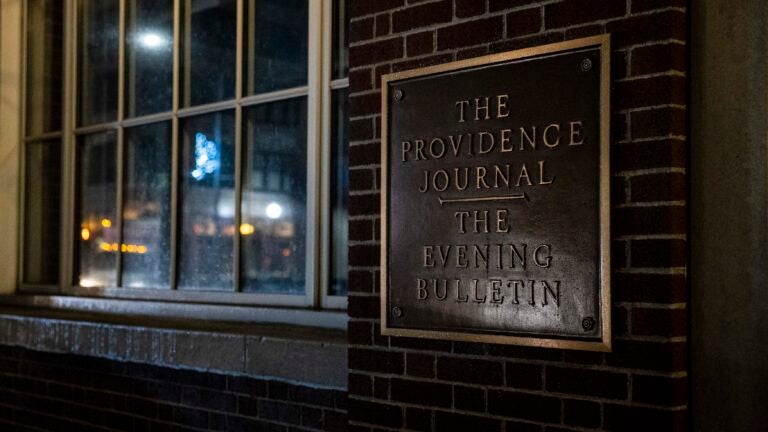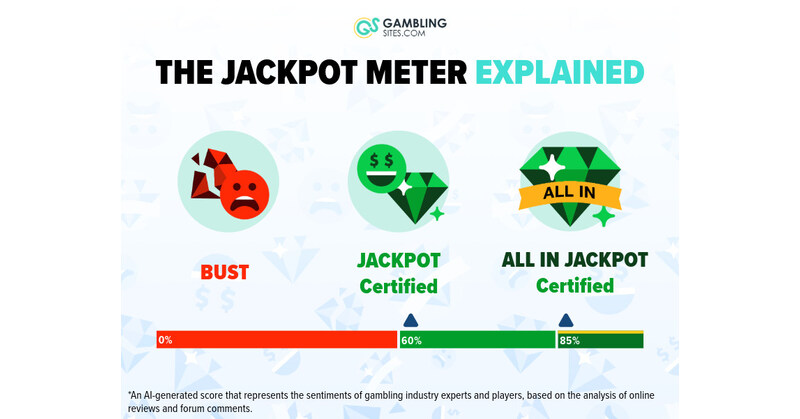Qatar set to become world’s largest exporter of urea with construction of new complex

Al-Kaabi also announced that QatarEnergy will more than double the local solar energy production by adding new power plants in Dukhan, to become “one of the largest” of their kind in the world.
QatarEnergy is set to become the world’s largest exporter of urea by building a new production complex, a move that is set to ramp up production from a current six MTPA (million tonnes per annum) to 12.4 MTPA by 2030, marking a 106 percent spike.
QatarEnergy’s President and CEO Saad Sherida Al-Kaabi announced the mega project in a press conference on Sunday at the Qatari company’s headquarters in Doha.
In response to the press, Al-Kaabi said the new facility will more than double Qatar’s urea, or fertilizer, production while supporting global food production and security. He noted that the production from the project’s first urea train is expected before the end of this decade.
“When we look at the future market of urea with the growth of humanity[…]the urea requirement for food production will be exponentially increased,” Al-Kaabi told the press.
The expansion process will take place by building three ammonia production lines that will in turn provide feedstock to four new mega urea production trains in Mesaieed Industrial City.
The announcement also came against the backdrop of Qatar’s growing ammonia and urea production over the past 50 years.
In 2022, QatarEnergy Renewable Solutions and the Qatar Fertilizer Company (QAFCO), inked a major agreement over the development of the Blue Ammonia project, the largest of its kind in the world, in Mesaieed Industrial City.
Production is expected to commence in the first quarter of 2026.
Qatar to more than double solar power production
Al-Kaabi also announced that QatarEnergy will more than double the local solar energy production by adding new power plants in Dukhan, which will become “one of the largest” of their kind in the world.
The new plant will have a production capacity of 2,000 megawatts, doubling Qatar’s solar power production capacity from existing projects and those still under construction. Some of the projects include the Al-Kharsaah solar power plant, inaugurated in 2022 with the capacity of 800 megawatts.
Others include two solar power plants under construction in Ras Laffan and Mesaieed with a total production capacity of 875 megawatts. According to Al-Kaabi, the production will commence before the end of this year.
“By adding the Dukhan solar power plant to these three plants, we will achieve our Sustainability Strategy objective of about 4,000 megawatts of electricity from solar power by 2030, which makes up 30 percent of Qatar’s total electric power production,” he explained.
Al-Kaabi described the latest announcement as a “continuation” of Qatar’s efforts to provide the world with energy products and meet global needs.
“QatarEnergy’s specialised technical teams will immediately begin the necessary detailed engineering studies to implement these mega projects in accordance with the highest safety, health and environmental standards,” Al-Kaabi said.
Related
Erdoğan hosts Qatari emir to ink several agreements – Türkiye…
ANKARA Qatar’s Emir Sheikh Tamim bin Hamad Al Thani arrived in Ankara on Nov. 14 for discussions with President Recep Tayyip Erdo
“Very political’: German football captain regrets team stance at Qatar…
Joshua Kimmich says the national team’s 2022 protest of the ban on pro-LGBTQ+ armbands at the FIFA World Cup in Qatar was not a good image.Germany captain Jo
Qatar Charity Delivers Housing in Al Amal City to Syrian…
Attachments Doha, November 13, 2024 In preparation for the upcoming winter season and with the goal of providing safe and dignifi
‘Qatari-Turkish relations reached broader horizons characterized by sustainable strategic depth’
Doha, Qatar: Ambassador of the Republic of Turkiye to the State of Qatar H E Dr. Mustafa Goksu (pictured) said that the Qatari-Turkish Supreme Strategi












